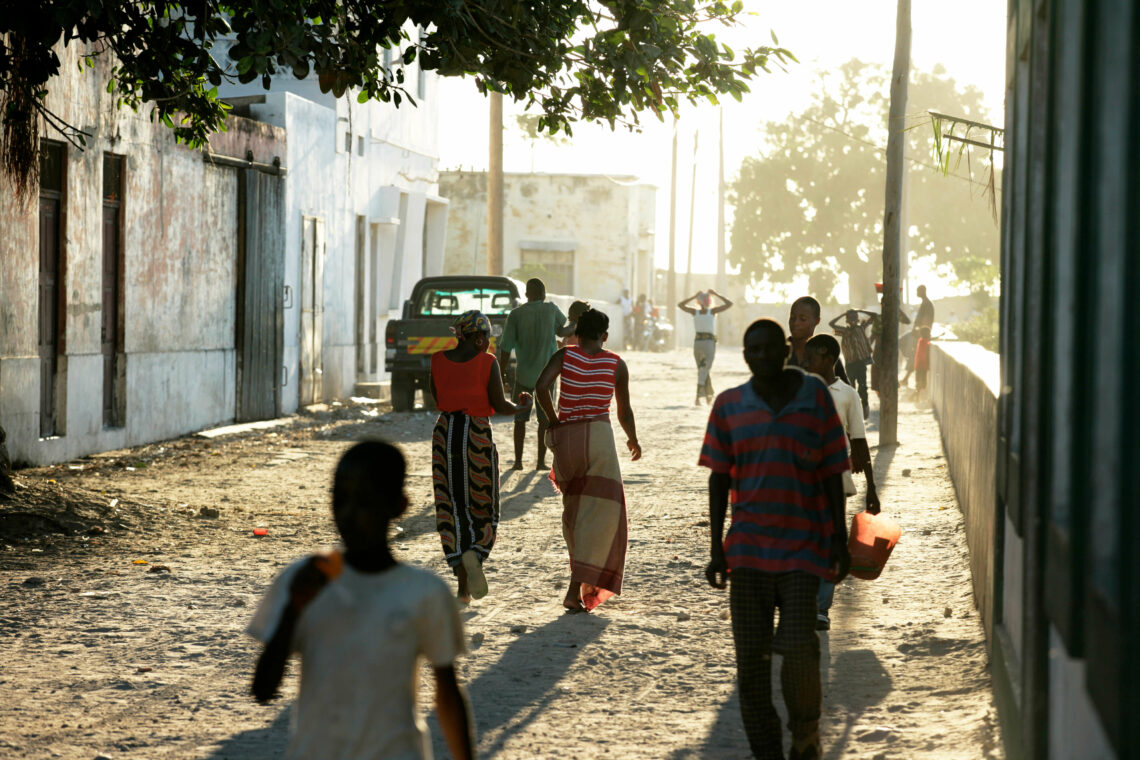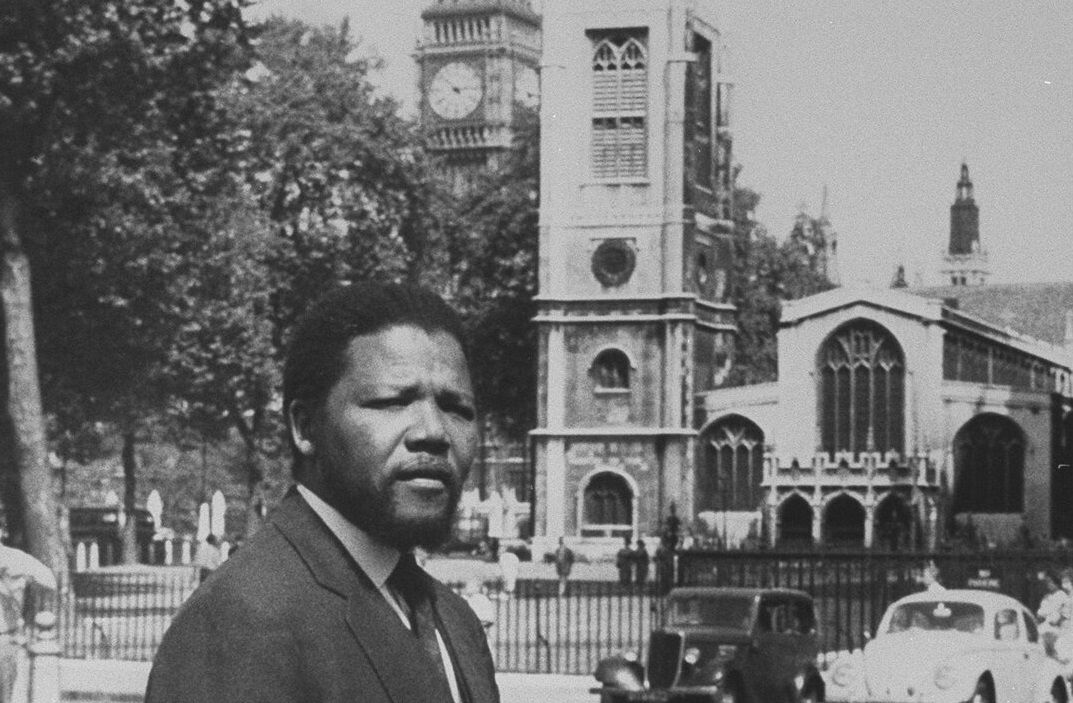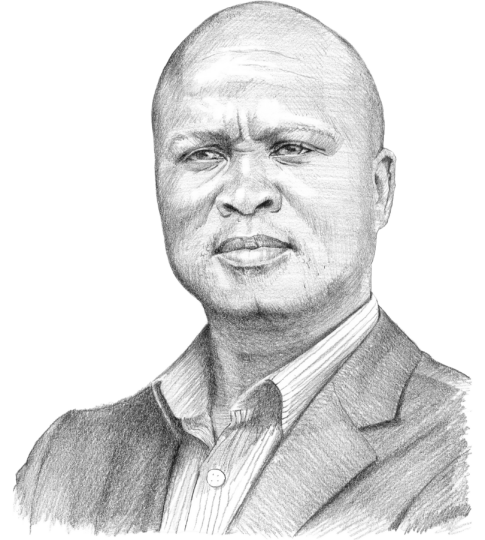Terrorism left unchecked in Southern Africa
As most countries in the region only recently gained independence, the Southern Africa Development Community is unlikely to intervene in the terrorism insurgency in Mozambique. However, extremism left unaddressed could spark further violent uprisings.

In a nutshell
- The Islamist insurgency in Mozambique could spread
- Movement across borders is not adequately monitored
- Terrorism in Southern Africa will prevail unless adequately addressed
The Islamist insurgency in the Cabo Delgado province of Mozambique, which began in 2017, is escalating. Many have been calling on South Africa to assist its oil and gas-rich neighbor by sending in soldiers. But so far, Pretoria has been deaf to requests for military intervention in Cabo Delgado. The Southern Africa Development Community (SADC) has yet to take a clear stance on how to deal with the situation.
The problem in Mozambique is complex and it will not be resolved solely through military intervention. At the center of the stalemate in Cabo Delgado is a regional failure to jointly tackle terrorism and extremism. The SADC comprises mostly new countries who gained independence in the 1980s and the 1990s after decades of protracted liberation struggles against some form of colonialism.
This heritage – both the independence conflicts and the subsequent nation-building processes – has made it difficult for the region to come together. The young states of the SADC have no previous experience in fighting security threats like those at hand. Mostly concerned with their own postindependence challenges, they are too preoccupied with consolidating democracy within their national borders to engage with wider preoccupations. As a result, the organization lacks the structure and will to address the situation in Cabo Delgado.
However, the Islamist insurgency in Mozambique could soon begin to interfere with the domestic situation of other SADC countries. The crisis marks the end of the decades of peace and stability that followed independence wars.
Porous borders
Many of the issues contributing to the rise of terrorism are tied to the fact that SADC countries are still developing foundational aspects of statehood – for example, the regulation of movement across borders. States are unable to monitor their borders adequately because there are no clear immigration policies between them. The shared postliberation political culture has discouraged governments from implementing border control. There is also no regional attempt at creating a regulatory system. These porous borders could prove a serious weakness when it comes to the SADC’s ability to tackle extremism and terrorism.
The SADC’s history shows that extremism could become problematic.
Political leaders in the region seem to labor under the assumption that security threats like terrorism are a distant reality that does not require intervention. However, the SADC’s history shows that extremism could become problematic. The democratic governments that were recently established were generally preceded by violent attempts to overthrow illegitimate or settler regimes. This experience could potentially make the region a seedbed for extremism, or lead to violent coups against legitimate authorities.
Growing frustration
The Mozambican Islamist insurgency has an element of economic liberation to it, as is often the case with extremist movements. In Cabo Delgado, deeply entrenched poverty was exacerbated by the theft of revenues from natural resources during the postliberation period. Extremism is fueled with promises of freedom for exploited communities and punishment for corrupt political elites.
Given the wider mismanagement of natural resources such as extractives, the SADC should be worried about the spread of homegrown extremism. Impoverished communities, surrounded by vast resources that drive the industrial economy, are increasingly frustrated. In the longer term, political systems could ease this tension by reining in graft, allocating revenue more equitably and investing in education and job creation. Barring this, the SADC could remain a volatile region plagued by conflict over its highly concentrated natural resources (mining, oil and gas).

Western obsession
With so many factors that could spark the spread of extremism, the SADC will not be able to remain neutral when it comes to the war against terrorism. However, the ideology of the ruling parties make them hesitant to build security ties with other countries. Liberation politics sees Western nations as suspects with which cooperation is out of the question. The West is perceived as obsessed with terrorism, while postindependence governments pride themselves on having different priorities. However, terrorism is not strictly a Western reality, as the insurgencies in Cabo Delgado and Somalia demonstrate.
Many current party leaders were once labeled as terrorists by the governments they overthrew.
Many SADC governments had military wings during the liberation periods. Ruling parties in Namibia, South Africa, Zimbabwe, Mozambique and Angola all rose up against the previous regimes. This means many party leaders were labeled as terrorists by the governments they overthrew. Famously, former South African President Nelson Mandela was once declared a terrorist by the apartheid regime. This history has hindered the creation of a strong and united anti-terrorist front in the SADC.
Scenarios
South Africa is under pressure to react to the situation in Cabo Delgado. However, if it intervenes unilaterally, the situation could escalate. Pretoria’s involvement will be perceived as an attempt to appropriate Mozambican natural resources. The example of the Democratic Republic of the Congo shows that resources can attract predatory foreign interventions, ultimately creating an entrenched conflict with multiple parties pursuing their own interests.
The SADC will most likely experience conflict surrounding the management of natural resources in decades ahead. The region has experienced exploitation and repressive regimes enabled by natural resource revenue. This history will certainly influence future developments. Tension surrounding this issue has the potential to destabilize democratic regimes in the region.
A lot depends on whether governments will prioritize transparency and good governance in managing natural resources. Corruption remains the biggest risk factor in the region, and beyond it. Left unsolved, it will fuel extremism and terrorism by delegitimizing the democratic governments that are in place in Southern Africa.
The SADC possesses a wealth of natural resources. The region is vulnerable to external interference and has always been – for example, during the Cold War. The current nonalignment among SADC countries will eventually leave the region at the mercy of powerful players when seeking outside assistance to deal with security threats like terrorism. The prevailing idea in the region is that economic relations matter more than security relations. But governments will sooner or later have to deal with the threats they face.








